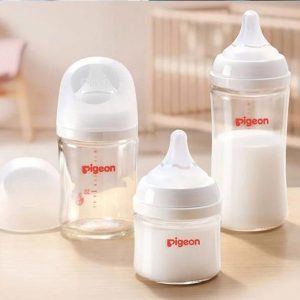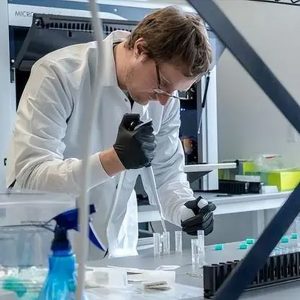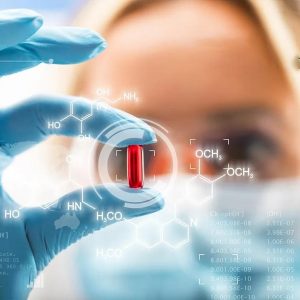Description
Polycyclic aromatic hydrocarbons are aromatic hydrocarbons containing two or more benzene rings, referred to as PAHs. There are two main combinations of them, one is non-viscous ring type, which includes biphenyls, biphenyls and polyphenyls; The other is the thick ring type, in which two carbon atoms are shared by two benzene rings.
The sources of PAHs can be divided into natural sources and man-made sources. The natural sources are mainly from the biosynthesis process of terrestrial and aquatic plants and microorganisms. In addition, there are also PAHs in natural fires of forests and grasslands, volcanic emissions and from fossil fuels, lignin and sediment. Anthropogenic sources are mainly formed by the incomplete combustion or pyrolysis of various fossil fuels (such as coal, oil and natural gas, etc.), wood, paper, and other hydrocarbon containing compounds under reductive conditions.
Due to its toxicity, genotoxicity, mutability and carcinogenicity, PAHs can cause a variety of hazards to the human body, such as damage to the respiratory system, circulatory system, nervous system, liver and kidney. It is recognized as a major organic pollutant affecting human health.
Service content
Scope of application
PVC and related polymer plastics, rubber, foam rubber or foam plastics such as polyurethane (PU); Surface coatings, anti-slip coatings, polishes, glazes and printing patterns; Elastic materials on clothing such as pajamas; Adhesives and sealants; Electrical insulation material.
2. Applicable objects
Manufacturers, brands, exporters.
3. Test requirements
Germany: The new PAHS specification AfPS GS 2019:01 PAK was published by the German Product Safety Commission (AfPS) in May 2019 and officially implemented on July 1, 2020.
China: Polycyclic Aromatic hydrocarbons test China standard:
GB/T 36946-2018 Leather chemical tests — Determination of polycyclic aromatic hydrocarbons — Gas chromatography-mass spectrometry
GB/T 28189-2011 Determination of polycyclic aromatic hydrocarbons in textiles
GB 5009.265-2016 Food safety national standard for the determination of polycyclic aromatic hydrocarbons in food
GB/T 29614-2013 Determination of polycyclic aromatic hydrocarbons in vulcanized rubber
Article 50 of European (EC) No 1907/2006 (i.e. REACH Regulation) states:
(1) The rubber or plastic parts of the product shall not be placed on the market for public use if they come into repeated direct contact with the human skin or mouth for a long or short period of time and contain the amount of listed PAHs exceeding 1 mg/kg(0.0001% of the mass percentage of the part).
(b) Toys, including activity toys, and child care products, used under normal and foreseeable circumstances, whose rubber or plastic parts are in repeated direct contact with human skin or mouth for a long or short period of time, and which contain listed PAHs in an amount exceeding 0.5 mg/kg(0.00005% by mass of the part), The product shall not be placed on the market.
Contains the following 8 polycyclic aromatic hydrocarbons:
(1) Benzo (a) Pyrene (BaP)
(2) Benzo I Pyrene (BeP)
(3) Benzo-A anthracene (BaA)
(4) Flexion (CHR)
(5) Benzo (b) fluoranthrene (BbFA)
(6) Benzo (j) fluoranthrene (BjFA)
(7) Benzo (k) fluoranthrene (BkFA)
(8) Dibenzo (a,h) anthracene (DBAhA)
Service advantage
Timeliness: RTS has a set of independently developed LIMS system, which monitors and manages the entire test process, greatly improving work efficiency and shortening the inspection cycle entrusted by enterprises.
Convenient: RTS has a perfect order platform and free on-site pick-up service, and can provide one-to-one consultation and training and one-stop product compliance service chain for enterprises.
Price: RTS in the consulting stage can be based on the product information and material situation of the enterprise comprehensive evaluation, to provide the most appropriate and the most economical quotation scheme for the enterprise, greatly reducing the test cost.
Quality: As a national high-tech enterprise, RTS has dozens of patented inventions and supporting instruments and equipment and professionals to meet the needs of different customers and different products.





